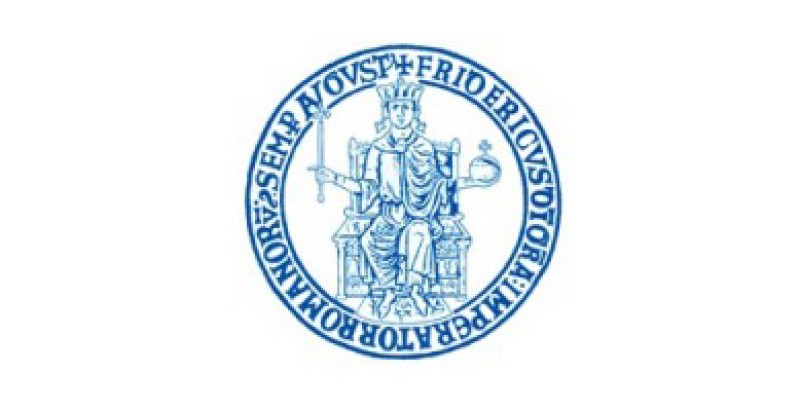Sub-theme 01: (SWG) Career Studies and their Context: Societal Impacts and their Impacts on Society
Call for Papers
We bring the work of this six-year Standing Working Group (SWG) to a conclusion by examining the relationship between
career and society, inspired by Hughes's (1937: 413) dictum that "
a study of careers – of the moving perspective in which
persons orient themselves with reference to the social order, and of the typical sequences and concatenations of office –
may be expected to reveal the nature and 'working constitution' of a society." We do this from two directions: the impact
of society on careers, and the effect careers have on society.
The former effect – broadly, the way that careers
are influenced by social context – is probably the better understood, although much remains to be learned about it. In their
introduction to a special section of Organization Studies, Gunz, Mayrhofer, and Tolbert (2011) summarize many of
the approaches that have been taken to understanding the relationship between context and career. This can be studied at many
levels (Mayrhofer et al., Meyer, & Steyrer, 2007), including work, the origin of the individual, national society and
culture, and global context and developments. Indeed the boundaryless careers literature (Arthur & Rousseau, 1996) is
premised on the notion that the way economies work now has had profound effects on the shape of careers. Nor has this been
confined to researchers operating within the careers tradition. Organization theorists, too, have been interested in the way
in which studies of careers can provide a useful vantage point for finding ways of linking agentic action and macro-organizational
analysis (Lawrence & Tolbert, 2007). And grand sociological theory has provided frameworks – not often drawn upon – for
career researchers; the works of Weber and, particularly, Bourdieu have been especially influential.
But as we
examine grand theory more closely we encounter reminders that the relationship between career and context is not a one way
street. Giddens’s theory of structuration, for example, recognizes the mutual dependency of structure and agency, pointing
the way to a recognition that while careers may be shaped by the social forms they take place within, they also shape those
forms. Careers are, after all, central to the way that societies reproduce themselves over time. Not only do different kinds
of careers affect the way that organizations behave (e.g. Fligstein, 1990; Boeker, 1997); as Weber himself pointed out, careers
are at the core of determining the way a society works. The reciprocal influence highlights the centrality of careers for
individuals, organizations and society.
For this sub-theme, we invite papers from a broad spectrum of viewpoints.
For example:
- How have social and economic changes – national and international – affected the forms of careers?
- What impact has the shift to careers involving "precarious" employment had on the performance of the organizations employing these people?
- How does organizational structure and culture shape careers in particular ways?
- How have social changes in society influenced methodologies to study career?
- What impact has the rise of social media had on careers?
- What are the facilitating or constraining contextual factors that influence future careers?
- How do different career patterns of various cohorts/generations influence societal ideas about careers and career success?
References
- Arthur, M.B., & Rousseau, D.M. (eds.) (1996):The Boundaryless Career: A New Employment Principle for a New Organizational Era. New York: Oxford University Press.
- Boeker, W. (1997): "Executive migration and strategic change: the effect of top manager movement on product-market entry." Administrative Science Quarterly, 42 (2), 213–236.
- Fligstein, N. (1990): The Transformation of Corporate Control. Cambridge, MA: Harvard University Press.
- Gunz, H., Mayrhofer, W., & Tolbert, P.S. (2011): "Career as a social and political phenomenon in the globalized economy." Organization Studies, 32 (12), 1613–1620.
- Hughes, E.C. (1937): "Institutional Office and the Person." American Journal of Sociology, 43, 404–413.
- Lawrence, B.S., & Tolbert, P.S. (2007): "Organizational demography and individual careers: structure, norms, and outcomes." In: H. Gunz & M. Peiperl (eds.): Handbook of Career Studies. Thousand Oaks, CA: SAGE Publications, pp. 399–421.
- Mayrhofer, W., Meyer, M., & Steyrer, J. (2007): "Contextual issues in the study of careers." In: H. Gunz & M. Peiperl (eds.): Handbook of Career Studies. Thousand Oaks, CA: SAGE Publications, 215–240.


